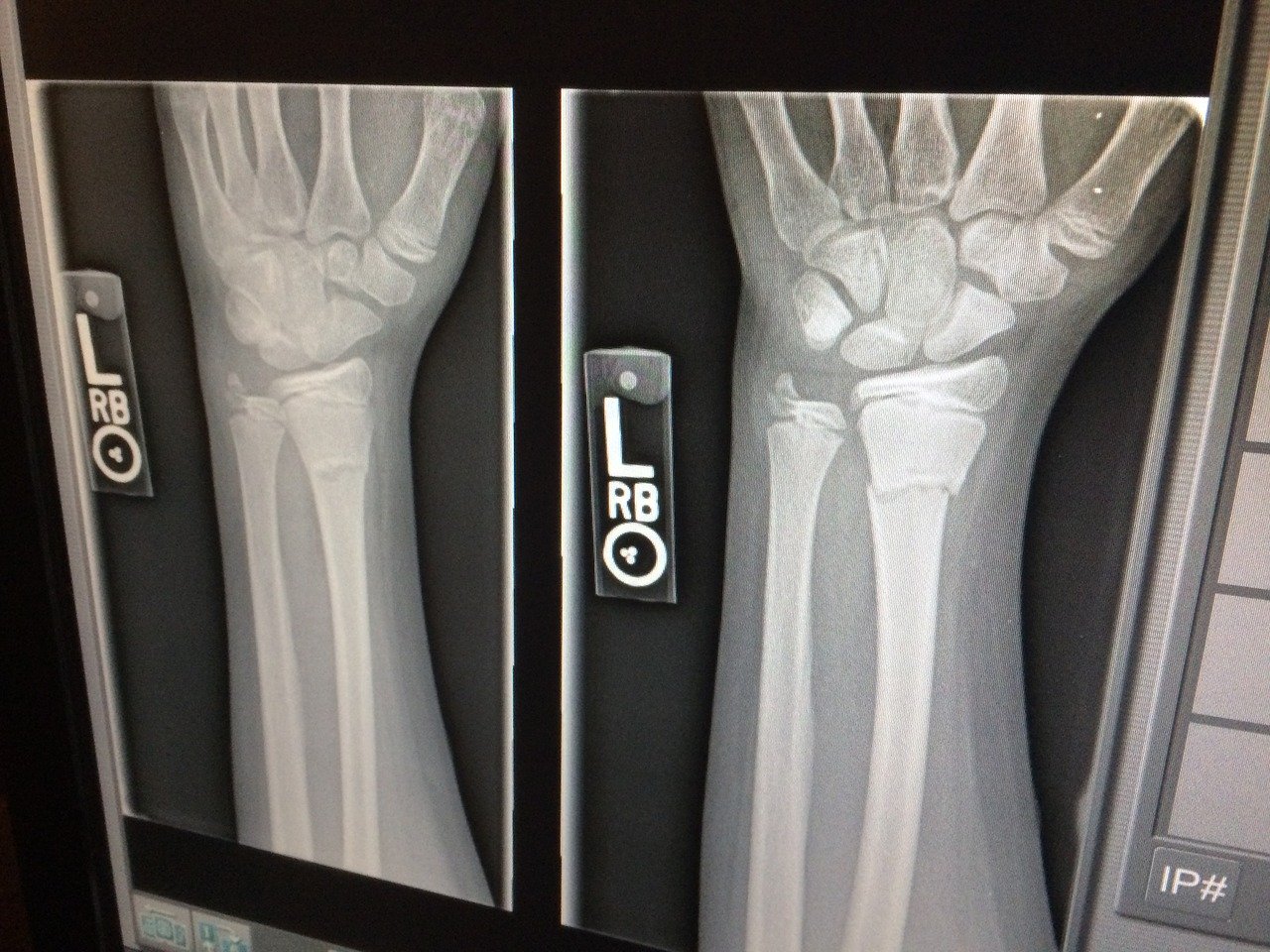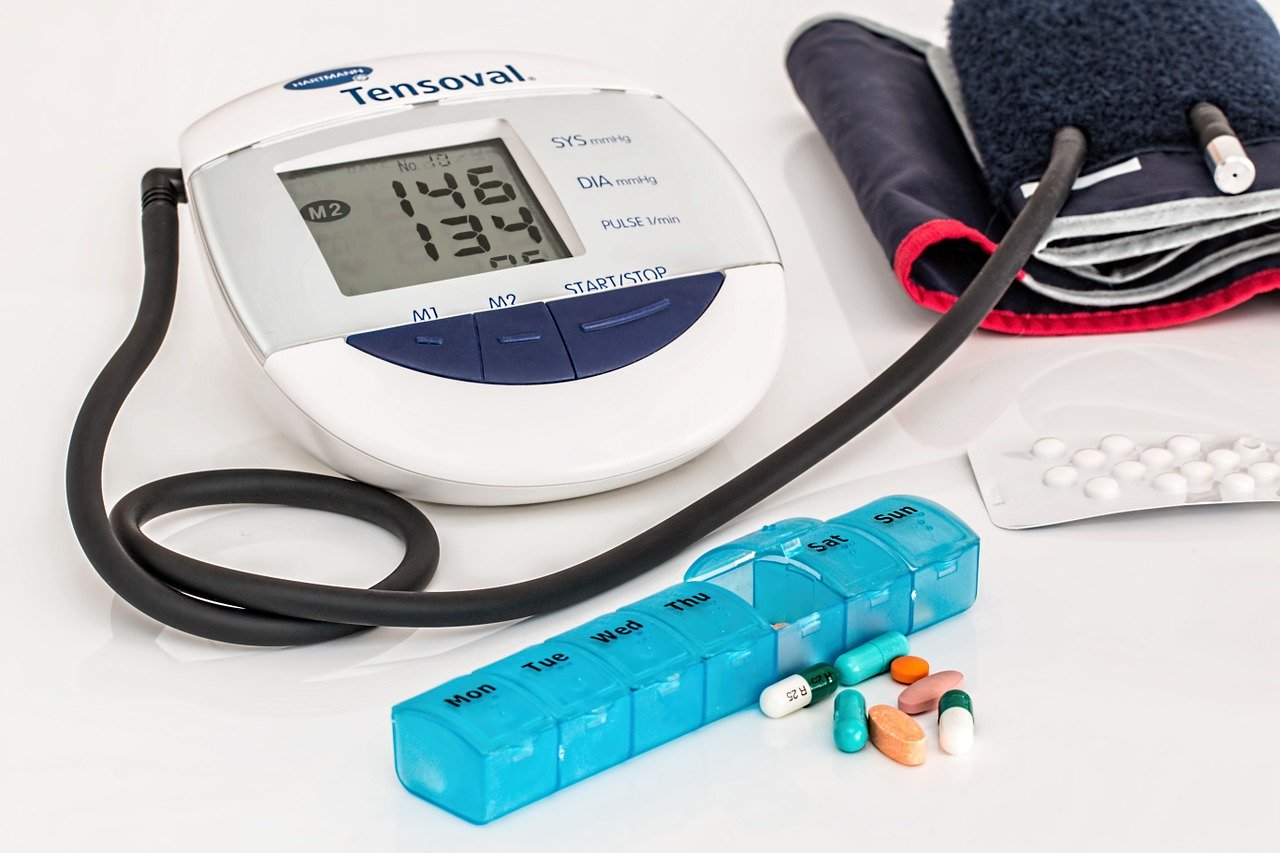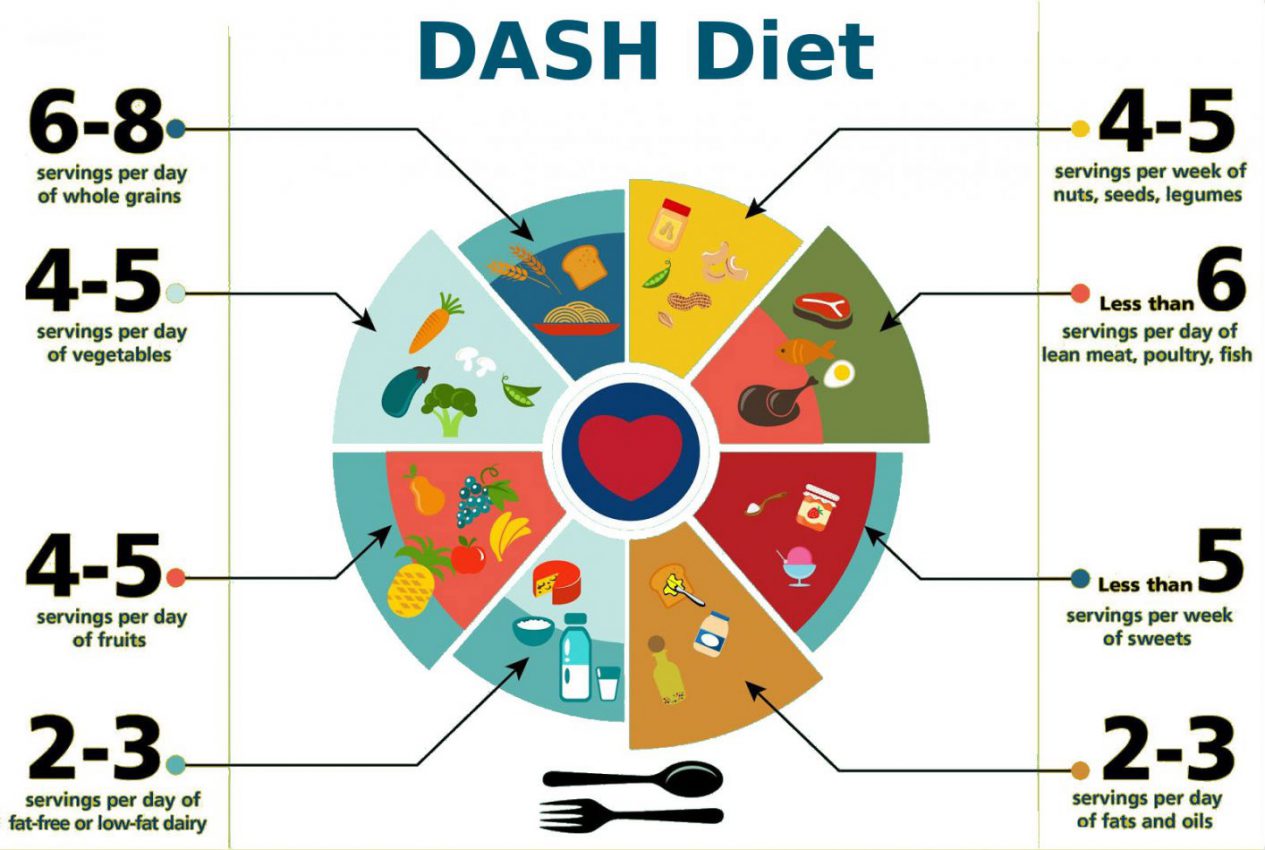In November 2018 researchers from the USA published the results of their study to assess the association between wine consumption and the incidence of chronic kidney disease and cardiovascular disease. … Read more
Berberine supplementation may delay the development of dementia by preventing brain damage, improving cognition, and by reducing risk factors such as metabolic dysfunction, and cardiovascular, kidney and liver diseases
In March 2020 researchers from Japan, UK and Hong Kong published their review of the medical scientific literature to assess the potential of berberine as a treatment for dementia associated … Read more
A higher consumption of sugar-sweetened beverages appears to be associated with an increased risk of chronic kidney disease in black adults
In January 2019 researchers from the USA published the results of their study to assess the effect of different types of beverages on the risk of chronic kidney disease so … Read more
Consuming a low or moderate amount of alcohol may reduce the risk of developing chronic kidney disease
In January 2020 researchers from the USA published the results of their study to assess the association between alcohol consumption and chronic kidney disease. A total of 12,692 individuals, aged … Read more
Herbs and spices appear to have antioxidant, anti-microbial, and anti-inflammatory properties and they may in addition reduce the risk of developing chronic diseases, eg cardiovascular disease, neurodegenerative conditions, chronic inflammation, arthritis, cancer, obesity and diabetes type 2
In May 2019 researchers from Canada published their review of the medical scientific literature to identify and assess specific biomarkers in 25 herbs and spices, namely anise, basil, black pepper, … Read more
A higher BMI is associated with an increased incidence of hypertension, diabetes, dyslipidemia, and hyperuricemia both in Japan and the USA, although the BMI level at which the incidence of these medical conditions increased was significantly higher in the USA than in Japan
In August 2018 researchers from Japan and the USA published the results of their study to compare the incidence of hypertension, diabetes, dyslipidemia and hyperuricemia according to BMI in Japanese … Read more
Who needs calcium and/or vitamin D supplementation for the prevention of fragility fractures?
In April 2020 researchers from New Zealand published their review on calcium and/or vitamin D supplementation for the prevention of fragility fractures. The researchers stated that as vitamin D and … Read more
Herbal detox programmes, which are gaining in popularity, can be associated with potential serious adverse effects
In December 2018 researchers from the USA published a case report involving a 67-year-old man who developed severe hyponatraemia after starting a five-day kidney detox programme. Hyponatraemia is a low … Read more
Supplements have little to no effect on the risk of lung cancer and lung cancer mortality in healthy individuals, although vitamin A supplements appear to increase the risk of lung cancer and mortality in smokers or individuals exposed to asbestos, vitamin C the risk of lung cancer in women and vitamin E the risk of haemorrhagic strokes
In March 2020 researchers from Chile and Spain published their review of the medical scientific literature to establish whether supplementations of vitamins and minerals, alone or in combination, reduce the … Read more
In individuals with chronic kidney disease, walking does not appear to increase any burden on the kidney, but can improve the nutritional and clinical parameters of the individuals, and reduce inflammation.
In March 2019 researchers from China published the results of their study to assess the effect of the daily walking number on clinical, inflammatory and nutritional profiles for individuals, with … Read more
Given that the benefit of taking paracetamol for relief of osteoarthritic joint pain is uncertain and potential safety issues have been raised, more careful consideration concerning its use is required
In April 2019 researchers from the UK, Belgium, Italy and Switzerland published their review on the benefits and harm of using paracetamol for osteoarthritic pain. Paracetamol is generally recommended for … Read more
Reducing animal protein intake and egg yolk and increasing intake of fruits and vegetables and fibre may prevent or delay end-stage renal disease
In November 2019 researchers from the USA published their review of the potential mechanisms whereby several key characteristics of the typical Western diet may impact kidney disease incidence and progression. … Read more
Premature deaths due to air pollution are currently estimated to be over 7 million per year with ischaemic heart disease and strokes accounting for 80%, chronic obstructive pulmonary disease or acute lower respiratory infections 14%, and lung cancer 6%
In March 2019 researchers from the USA published their overview on air pollution and exposure levels and how this affects local policy actions. Measurement of air pollution levels has significantly … Read more
Individuals with diabetes type 2 and low vitamin D levels appear to have an increased risk of developing cardiovascular disease and nephropathy
In May 2019 researchers from the Sudan published the results of their study to assess vitamin D levels in individuals with diabetes type 2 and its association with diabetic nephropathy … Read more
Pilates exercises may improve quality of life of individuals with chronic kidney disease
In February 2019 researchers from Iran and the USA published the results of their study to assess the effect of Pilates on the quality of life of individuals with chronic … Read more
A Mediterranean style diet, dairy products and vegetables appear to reduce the risk of developing kidney stones
In December 2017 researchers from Italy and Spain published the results of their study to assess the association between a Mediterranean dietary pattern and risk of developing kidney stones. 16,094 … Read more
DASH diet* turns 21 in 2018 – scientifically proven to lower blood pressure levels and cholesterol, plus reduces the risk of several types of cancer, heart disease, stroke, heart failure, kidney stones, diabetes type 2, depression and even slow the progression of kidney disease
In April 1997 researchers from the USA published the results of their study to assess the effect of dietary patterns on blood pressure levels. 459 adults with systolic blood pressures … Read more
Coffee appears to reduce the risk of chronic kidney disease
In June 2018 researchers from Republic of Korea published the results of their study to assess the association between coffee consumption and the risk of chronic kidney disease in 8,717 … Read more


















